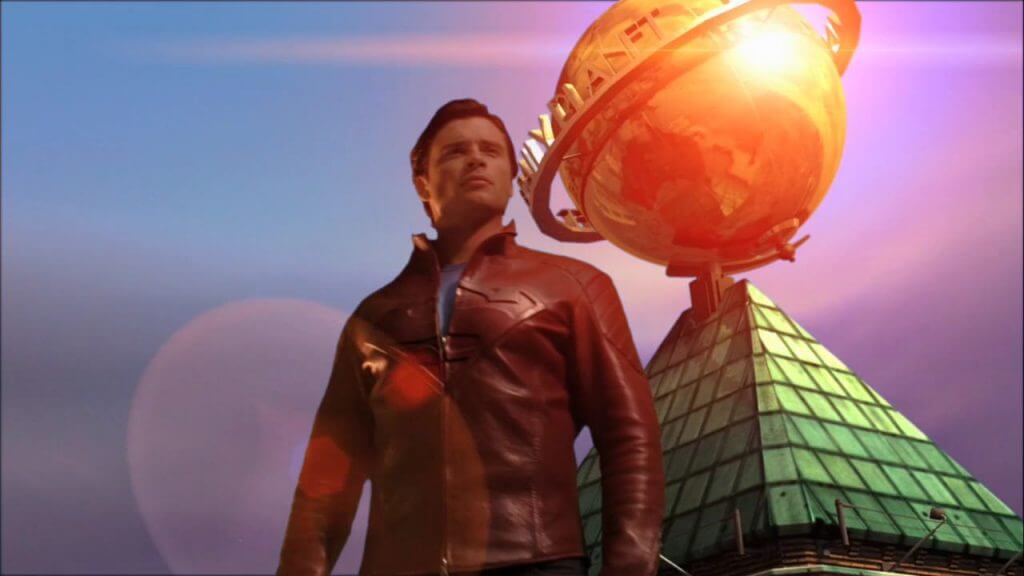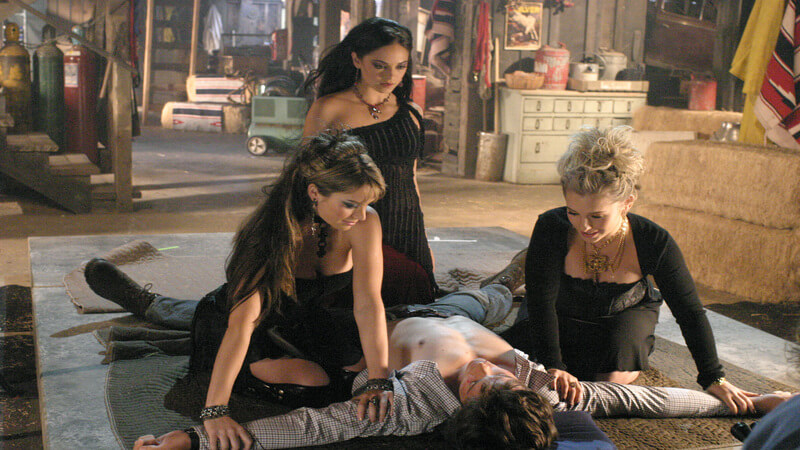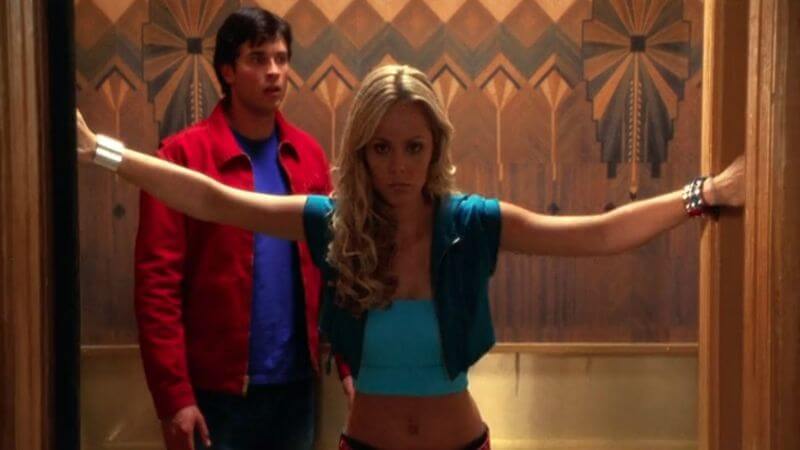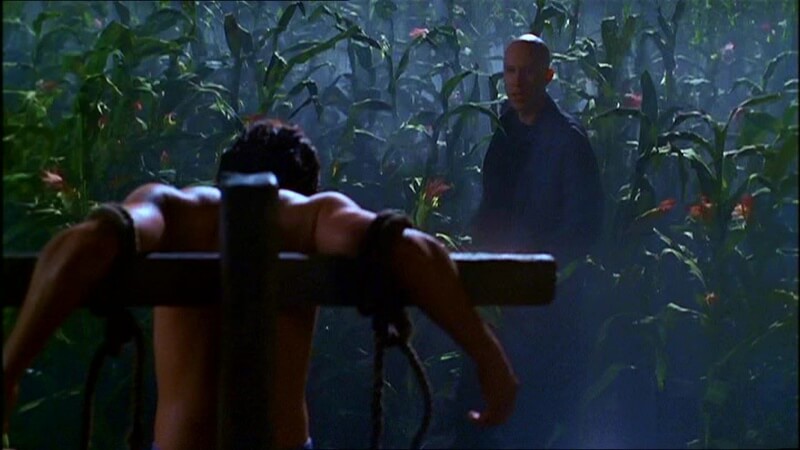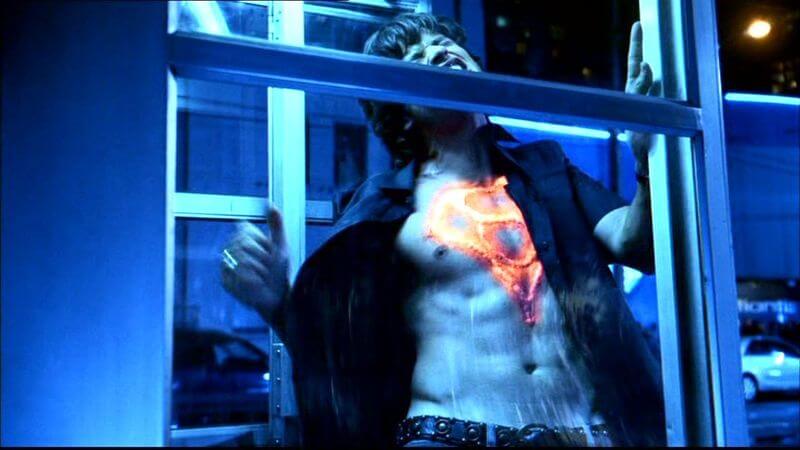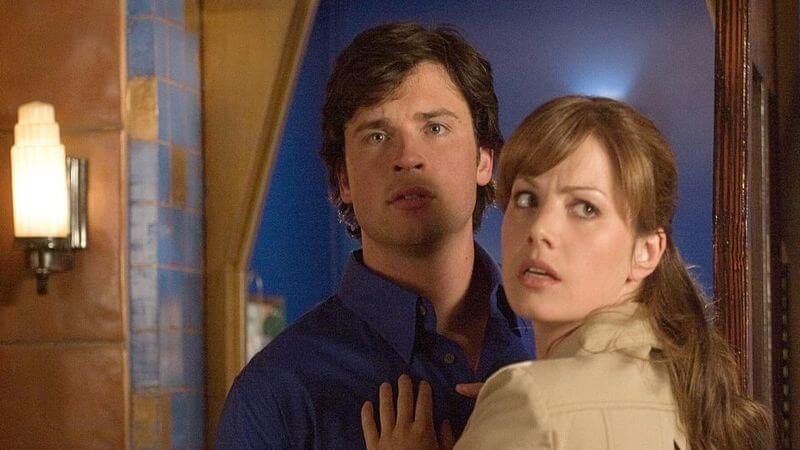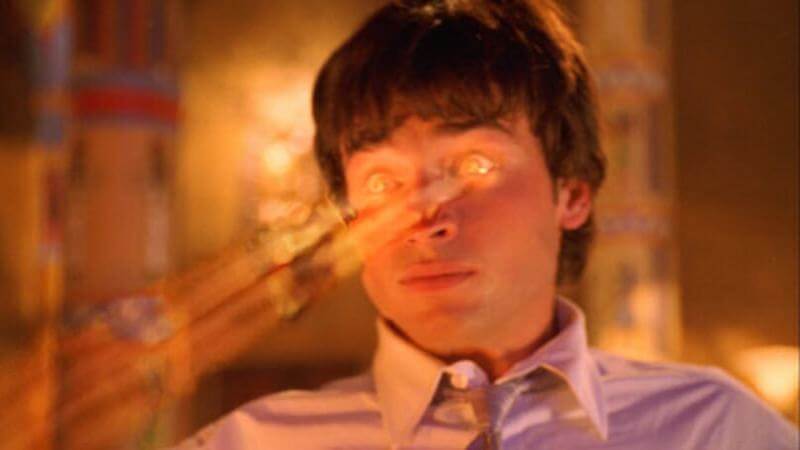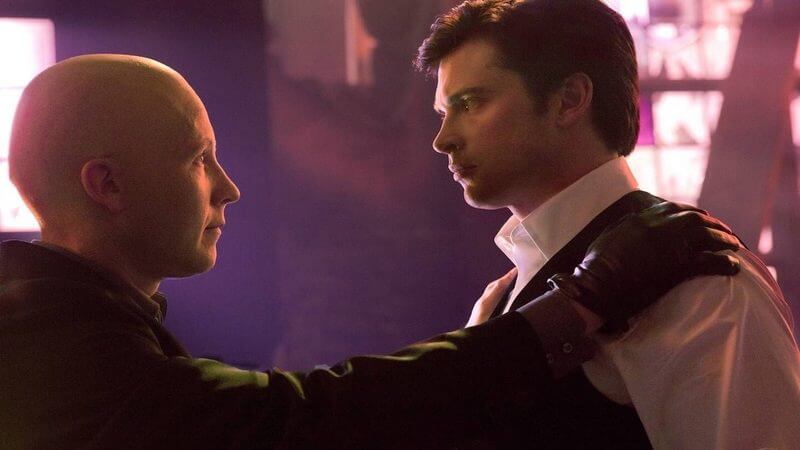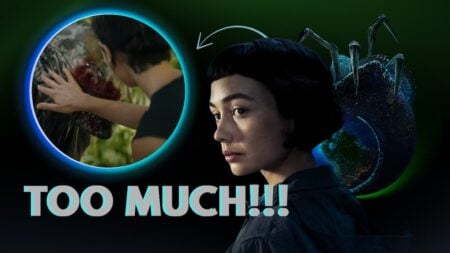Smallville may have ended ten years ago, but it lives on in the hearts of its most dedicated fans. Chronicling the life of a young Clark Kent before he became Superman, the show started in 2001 and lasted an impressive ten seasons. It helped manage to usher superhero TV into the mainstream, showing audiences what many of us knew already – that superheroes are not just for kids and that the genre was capable of telling rich, complex human stories alongside its small-screen peers.
But, as with any show that lasts ten years, some seasons are better than others. Smallville continued to get renewed year after year, kept alive by its resilient and dedicated fanbase. Thus, in a show about Clark Kent’s pre-Superman years, the writers were forced to invent ways to slow his development and think up new challenges for the superhero-in-training to tackle every season. As expected, some results were good – others, quite terrible.
10) Season 4
(Updated on August 1, 2024 – updated links and formatting)
“Clark Kent will have plenty of reasons to remember his senior year!” declares the blurb of Smallville‘s Season 4 Box-Set. Not sure about Clark, but certainly some fans remember Season 4 as one of the cringiest years in the show’s history. The writing team’s attempt to make Lana part of Clark’s destiny had them reveal her to be a descendant of a French witch, Isobel. Isobel, in turns, hungers after the three Kryptonian stones of Power, which Clark must find. She even possesses Lana in a few episodes, giving us some of the most unwatchable scenes in the show.
Admittedly, Season 4 was an attempt to become lighter and softer after the darkness of Season 3 – and there are some genuinely fun episodes (a prom queen possesses her classmates, Clark meets the Flash). But between the Stones of Power and the Witch plot (in which Jane Seymour is given material far below her station) and Jensen Ackles’ underdeveloped, poorly-written Jason Teague, Season 4 easily ranks among Smallville‘s worst seasons.
9) Season 7
Smallville‘s seventh season, on the surface, seems pretty cool. I mean, it introduces future Supergirl, Kara Kent to the series, as well as Bizarro, Clark’s Kryptonian mother, Lara-El, and even explores more about Clark and Kara’s biological family. Not to mention Lex finally becoming the villain we all knew he would become.
The problem with Season 7 is that there was so much going on, it took the focus away from Clark and his development. In the season premiere, Clark is determined to accept his destiny, but a few episodes later, he’s smitten with a newly-resurfaced Lana Lang and forgotten all about it. At this point in the series, Clark’s pining over Lana is tedious and Kara, while given a great portrayal by Laura Vandervoort, sidelines him too much.
8) Season 6
By Season 6, Smallville was barely recognizable from the show it started as. The action moves to Metropolis, Lex and Lana are engaged and due to wed, and Oliver Queen/Green Arrow is introduced to the series. Different though it is, Season 6 contains some of the most entertaining episodes in Smallville. From Clark’s battle with a Zod-Possessed Lex in “Zod” to the introduction of Green Arrow in ‘Arrow’ and the awesome Justice League episode “Justice,” Season 6 really brought the comic book goods to TV screens.
The only minor frustrations were watching Clark mope over Lana for the umpteenth time, particularly during the wedding episode “Promise.” By this point, many fans were urging him to get over her and start acting a bit more Supermanly.
7) Season 5
Season 5 showed Smallville maturing a little. At this point, Clark and the gang are out of high school and Metropolis is starting to get more screentime. His friendship with Clark decimated, Lex begins taking a turn for the worse. And Clark starts consulting with Jor-El in the Fortress of Solitude while dealing with Brainiac, who comes to Earth disguised as a World History professor, Dr. Milton Fine.
Season 5 is a great improvement on Season 4. James Marsters is a welcome addition to the cast as Brainiac, giving Clark a compelling adversary. It’s also sprinkled with memorable episodes from Clark losing his powers, only to die and regain them. Alongside that is “Reckoning,” which brings us the tragic death of Jonathan Kent.
6) Season 1
While Smallville‘s first season clearly shows that the series is finding its voice, it remains essential viewing. It sets up the characters perfectly, from Lex’s turbulent relationship with his father to Clark’s insecurity about his hidden powers. Even some of the “Freaks of the Week” have a certain charm about them in their weirdness, forcing Clark to overcome obstacles to rescue his loved ones. Season 1 is heart-warming and quirky all at once.
Many people criticize Season 1’s over-reliance on weekly Kryptonite-infected villains, but in many ways, this is part of the season’s charm. A teenage girl who can summon bees to eliminate her rivals in a Student Council Election? Silly, but undoubtedly fun. A school jock who needs to steal other people’s body heat to survive? Stupid, but charming. Whatever you think of these characters, they give Clark a physical challenge and actually pose a threat to him. Despite its roughness, Season 1 remains one of Smallville‘s finest seasons.
5) Season 3
Seasons 1 and 2 of Smallville, while bearing serious themes, were at least bright and cheerful. However, Season 3 really darkened the stories a great deal. The show’s maturing tone is evident in its opening two episodes alone when a Red K-infected Clark turns to a life of crime. As the season progresses, it gets darker, as we explore Lex Luthor’s damaged relationship with Lionel – and the consequences Jonathan Kent suffers bargaining with Jor-El to save his son.
It’s because of these stories that many fans see Season 3 as among Smallville‘s best. However, general teen audiences wouldn’t agree. The show suffered a 25% drop during the season’s initial run, which caused the showrunners to deem Season 3 a failure and brighten things up in Season 4. “We probably went a little darker than we wanted to go and got a little too mythology-heavy,” Alfred Gough said in a 2004 USAToday interview, “They were hanging out too much in secret labs, and that’s not any fun. Why the hell would teenagers want to watch this show anymore?” But alas, for the show’s comic-loving audience, it’s the mythology-heavy nature of this season that makes it great.
4) Season 8
In many ways, the exit of Michael Rosenbaum and Kristen Kreuk was a blessing in disguise. The absence of Lex Luthor and Lana Lang meant the writers could no longer use these characters as crutches for the stories. The changeover of showrunners also meant the show had a new vision. Turns out that these changes were the best thing to happen for Smallville for many seasons.
Clark Kent is no longer a moping, lovelorn farmboy college dropout. He joins the Daily Planet as a copyboy, working across from Lois Lane. He is no longer reactive, instead actively seeking out danger. And finally, he is developing his double-identity. Clark receives the character development fans wanted for years.
The addition of Oliver Queen to the main cast also gives Clark a regular superhero confidante to bounce off and further migrates him to the world of superheroes. Season 8 was one of the best seasons of Smallville in years, by a large margin.
3) Season 2
Sometimes, it takes a show one season to find its voice. That’s what happened with Smallville. After one season of establishing its cast and conflicts, Season 2 had a foundation on which to work off and improve. And it did so in flying colors.
In many ways, the Season 2 premiere showed off Smallville‘s strength in stories non-meteor-freak-related. Rather, it focused squarely on its endearing characters – Clark’s growing distrust of Lex, Jonathan Kent’s determination to protect his son at all costs, and Lana beginning to suspect there’s something more to Clark Kent than meets the eye. It also gave us a glimpse at the young Luthor’s dark side.
The season also introduces us to a Red Kryptonite-infected Clark, showing us a different side to the noble teenager. Then there’s the introduction of the Kawatche Caves, Clark’s reveal of his secret to Pete, and the budding relationship between Clark and Lana (back when it was bearable). Season 2 improved upon almost everything Season 1 gave us.
2) Season 9
Season 8 gave us an active vigilante Clark Kent. However, Season 9 went one step further – it finally put an “S” on his chest. Albeit a spray-painted white S on a black t-shirt. Almost there. Here, Smallville introduced a whole heap of new characters to its developing universe. One of the season’s most memorable episodes is the two-parter “Absolute Justice,” bringing the Justice Society of America to the series, and developing the show’s proto-Justice League.
It also brought Clark and Lois closer together, the pair finally dating after Season 8 made it clear something was developing between them. And for fans who weren’t interested in that, Oliver Queen got some great episodes, from overcoming alcoholism to taking on an apprentice. Smallville ranked among the show’s most comic book-esque seasons.
1) Season 10
The final three seasons of Smallville always felt very fan-servicey. As Clark grew tantalizingly close to his heroic destiny, he entered the world of superheroes and met familiar faces from the classic comics. He even wore the S on his chest.
Season 10, realizing it’s the last one, furthers this and then some. Clark grows into his role as a superhero leader. He comes clean to Lois about his secret. He even starts wearing a red S-adorned jacket during his heroics and adopts the iconic Clark Kent glasses.
Meanwhile, plotlines such as the Vigilante Registration Law, an alternate universe ‘Clark Luthor’, and an episode introducing Booster Gold help pepper the season with additional brilliance. “Homecoming,” the show’s two-hundredth episode, meanwhile, is one of the best in the entire series. “Finale,” while divisive, is still a cracking end to the series, with Michael Rosenbaum guest-appearing and Clark finally becoming Superman, which ranked Season 10 among Smallville‘s best seasons.

